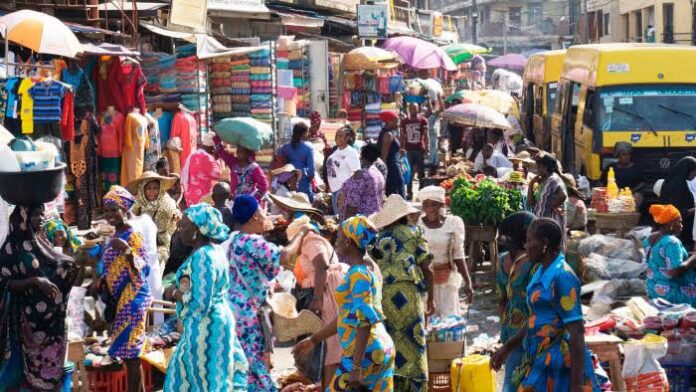The International Monetary Fund (IMF) has downgraded Nigeria’s economic growth forecast for 2024 to 2.9%, citing severe flooding, low crude oil production, and inflation as major challenges.
This revised projection represents a 0.4% decline from the previous forecast of 3.3%.
According to the IMF’s World Economic Outlook report, Nigeria’s growth prospects were hindered by agricultural disruptions caused by severe flooding and security and maintenance issues hampering oil production. The fund also attributed the downgrade to recent inflation, which surged to 29.90% in January 2024, driven by higher prices for food, energy, and essential goods.
Despite this setback, Nigeria’s economy demonstrated resilience in the first two quarters of 2024, growing by 2.98% and 3.19%, respectively. However, this growth was accompanied by a surge in inflation and depreciation of the naira.
Globally, the IMF projects economic growth to remain unchanged at 3.2% in 2025, representing a 0.1% decline from its earlier projection in July 2024. Nigeria’s GDP growth projection for 2025 represents a 0.2% increase from its earlier projection in July this year.
The World Bank also reports that Nigeria’s inflation rate escalated for 13 consecutive months due to factors such as fuel subsidy removal and naira depreciation. Inflation is projected to steady at 25% in 2025 and 14% by 2029.
The Assistant Director of the Monetary and Capital Markets Department, Jason Wu noted that Nigeria’s economy is on a path to stability due to government reforms. However, the country still faces significant challenges, including low crude oil production caused by pipeline vandalism and crude oil theft.
The IMF’s revised forecast underscores the need for continued economic reforms and strategic measures to address Nigeria’s pressing issues.








